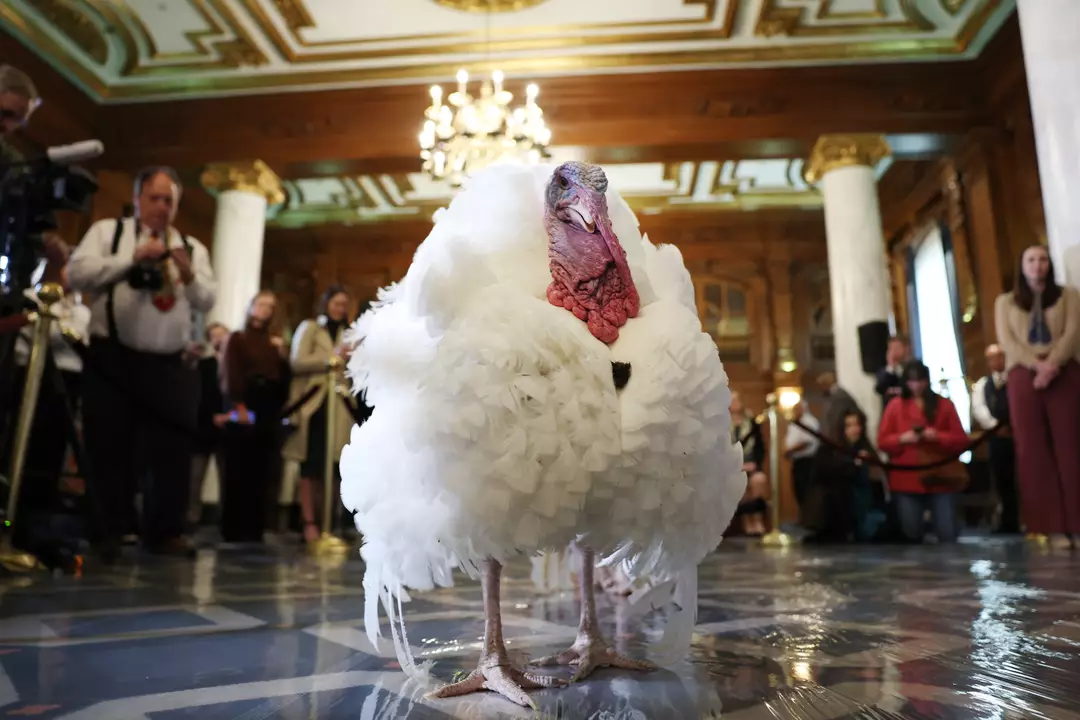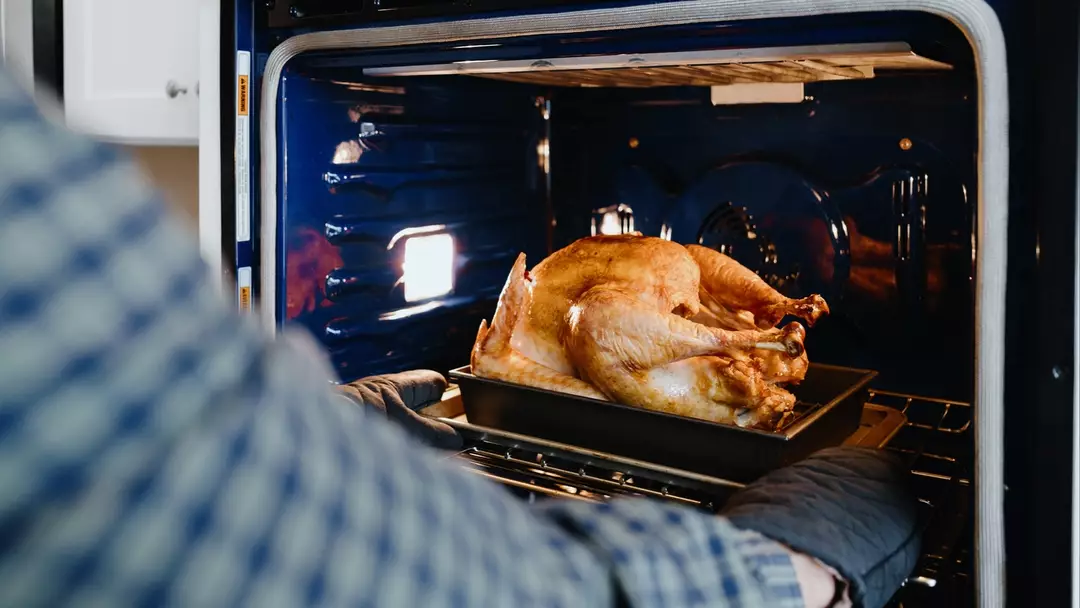Cooking a turkey can be a daunting task, and there’s one common practice you should steer clear of.
In the United States, while some turkeys receive a presidential pardon, most are prepared for Thanksgiving feasts. Cooking this large bird is no small feat, and improper cooking methods can lead to dry exterior meat or undercooked insides.
To avoid such mishaps, consistent basting is key to keeping the turkey moist on the outside. However, an expert warns against one specific preparation practice.
The advice is not about the dangerous method of deep-frying a turkey in a large vat of boiling oil over an open flame, which can cause a fire hazard. Instead, it’s about the practice of washing your turkey before cooking.
Some believe that rinsing the turkey in the sink will remove bacteria, but this can actually be counterproductive. Proper cooking temperatures will kill any bacteria, but washing the turkey might spread bacteria-infested water across your kitchen surfaces.
This is especially important if you’re also preparing raw or cold foods like cheese, dips, salads, or crudités. The Centers for Disease Control (CDC) advises against washing raw turkey, as it can spread germs to other food.
The CDC has recommended against washing turkey or chicken since 2005.

A beneficial water-related technique is brining the turkey before cooking. This process involves creating a five percent saltwater brine and adding flavor enhancers like lemon slices, peppercorns, bay leaves, or fresh garlic.
After making punctures in the turkey with a knife, submerge the bird in the brine for at least 24 hours, although 36 or 48 hours is preferred for optimal seasoning and tenderness. Brining ensures the meat remains juicy, and if it’s too moist before cooking, pat it dry with kitchen paper.

